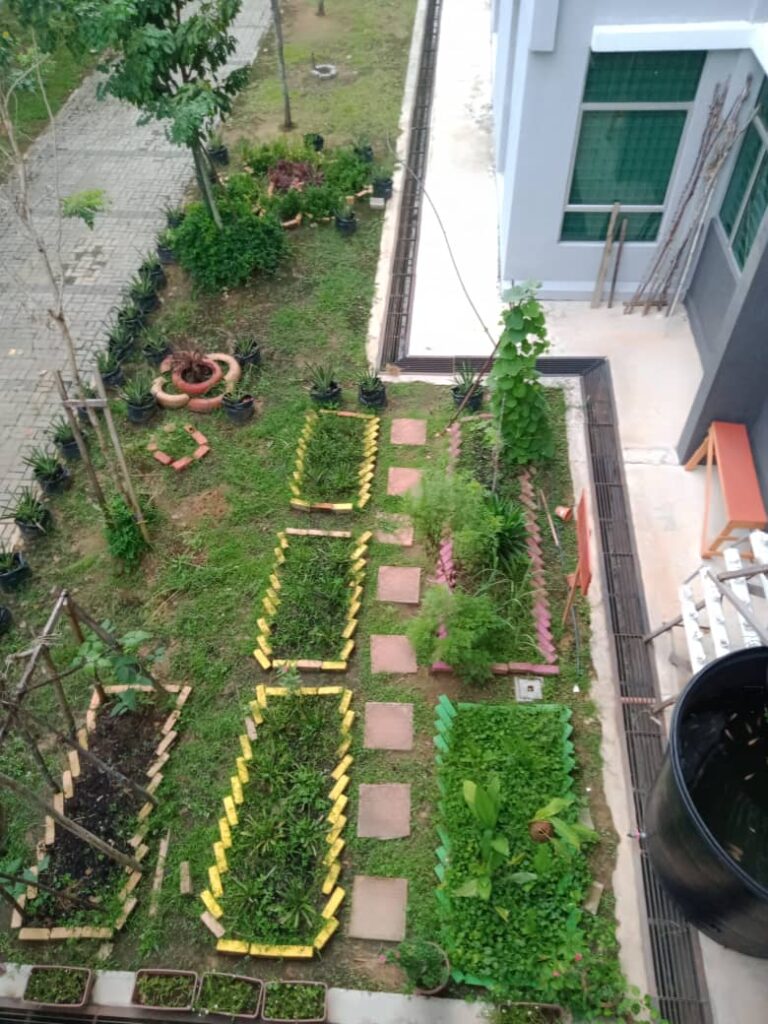Malaysia, with its lush rainforests, vibrant cities, and diverse culture, is taking significant strides toward achieving a net-zero emissions future. Let’s delve into the country’s commendable initiatives:
- Twelfth Malaysia Plan (12MP): Malaysia has set an ambitious goal of achieving carbon neutrality by 2050. As part of this plan, the country aims to reduce its greenhouse gas (GHG) emissions by up to 45% by 2030, aligning with the Paris Agreement1. This commitment reflects Malaysia’s determination to combat climate change and foster sustainable development.
- National Energy Policy (NEP) 2022-2040: Launched in 2022, the NEP focuses on low-carbon development, resource efficiency, and environmental sustainability. It recognizes that the energy sector plays a pivotal role in both emissions reduction and socioeconomic growth. To achieve these objectives, Malaysia is emphasizing integrated carbon capture, utilization, and storage (CCUS) technologies. CCUS captures CO₂ emissions from industrial sources, preventing their release into the atmosphere. The captured CO₂ can be reused or stored securely, contributing to net-zero emissions by 20501.
- PETRONAS Offshore Carbon Capture Storage (CCS) Project: Malaysia’s leading energy group, PETRONAS, is spearheading one of the world’s largest offshore CCS projects. Collaborating with Malaysia Marine and Heavy Engineering Holdings Berhad (MHB), they aim to develop CCS at the Kasawari gas field in Bintulu, Sarawak. This project is expected to mitigate around 80 million tonnes of CO₂, either by injecting it into the reservoir via a subsea pipeline or storing it underground. PETRONAS is also partnering with foreign multinational corporations to explore and develop CCS technologies1.
- Transition to Low-Carbon Economy: Malaysia is actively transitioning toward a low-carbon, climate-resilient economy. Key measures include:
- Circular Economy: Focusing on circular practices to minimize waste and resource consumption.
- Green Growth: Emphasizing sustainable economic development.
- Sustainable Cities: A shift toward building cities that prioritize environmental well-being.
- Pricing Emissions: Working on pricing the country’s emissions.
- Forest Conservation: Retaining at least 50% forest cover2.
- Paris Agreement Commitments: Malaysia has committed to reducing its emissions intensity of GDP by 45% by 2030, compared to a 2005 baseline. While progress has been made, additional support in the form of climate finance and technology transfer will drive further decarbonization3.
In summary, Malaysia’s zero-carbon journey involves a holistic approach, combining policy frameworks, technological advancements, and international collaboration. As the nation navigates toward a sustainable future, it stands as a beacon of hope for global climate action. 🌿🌏




Leave a Reply